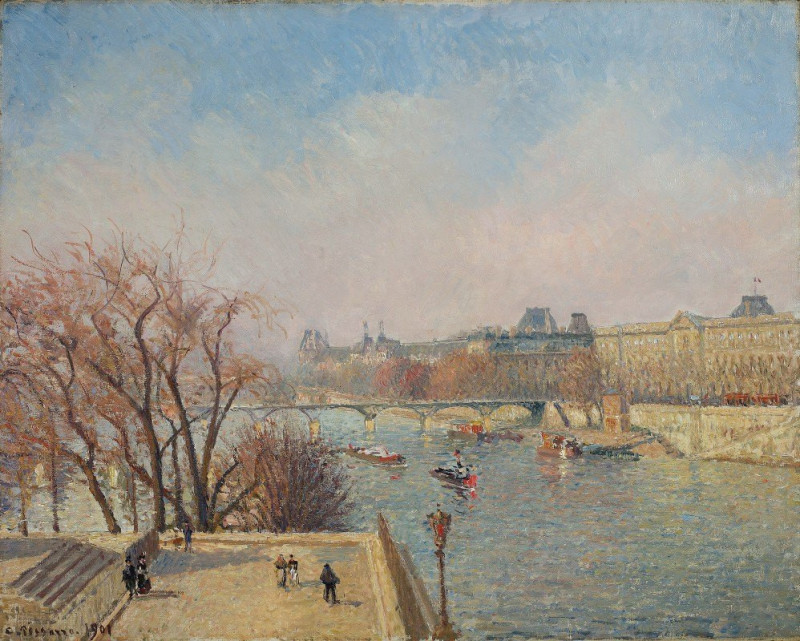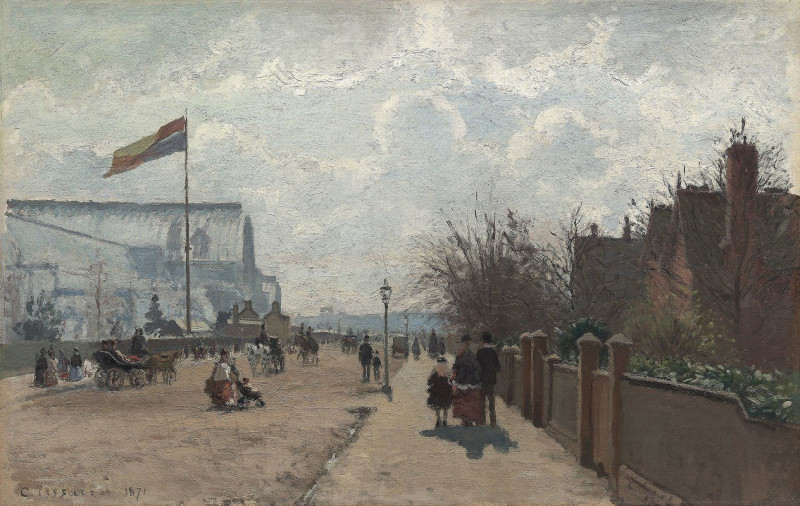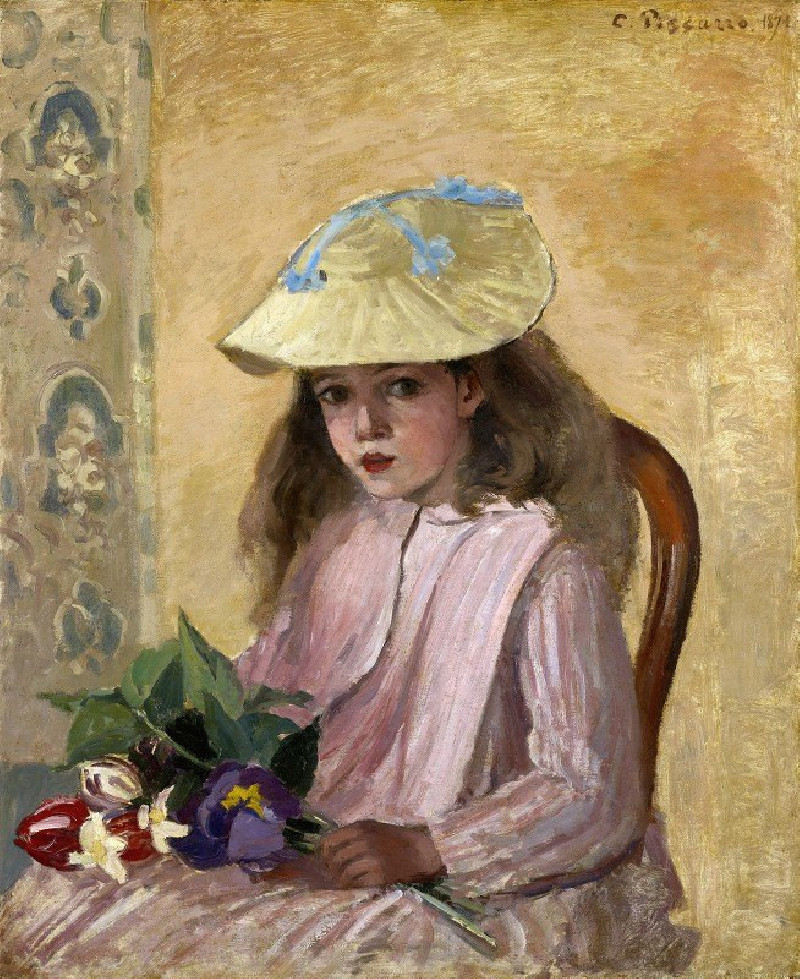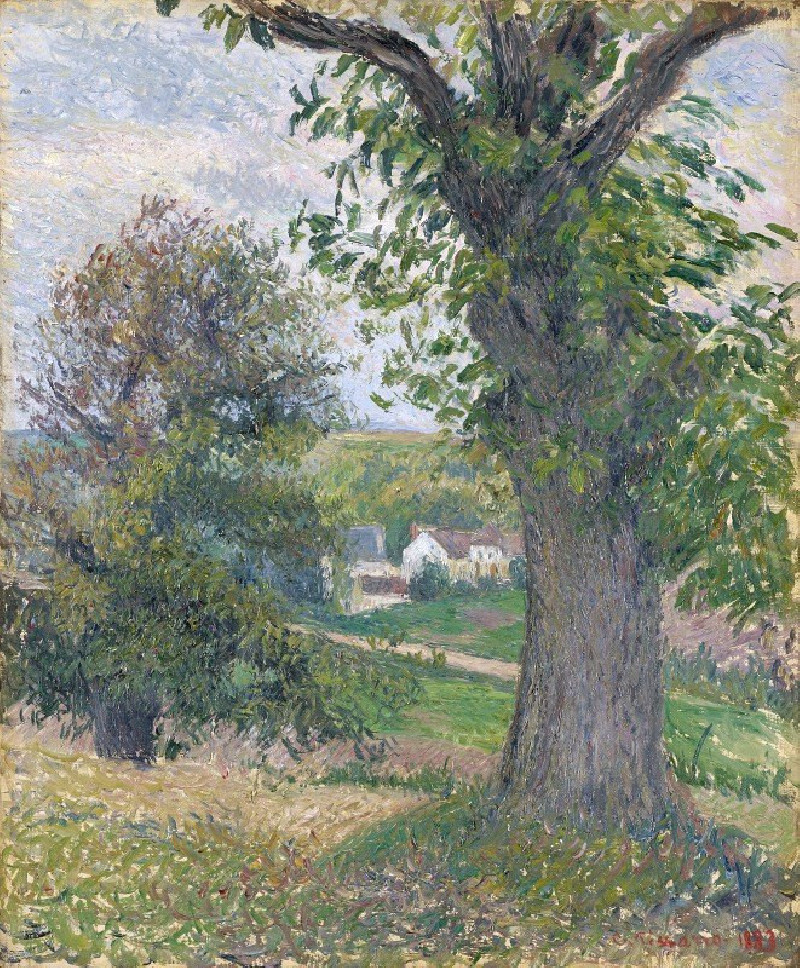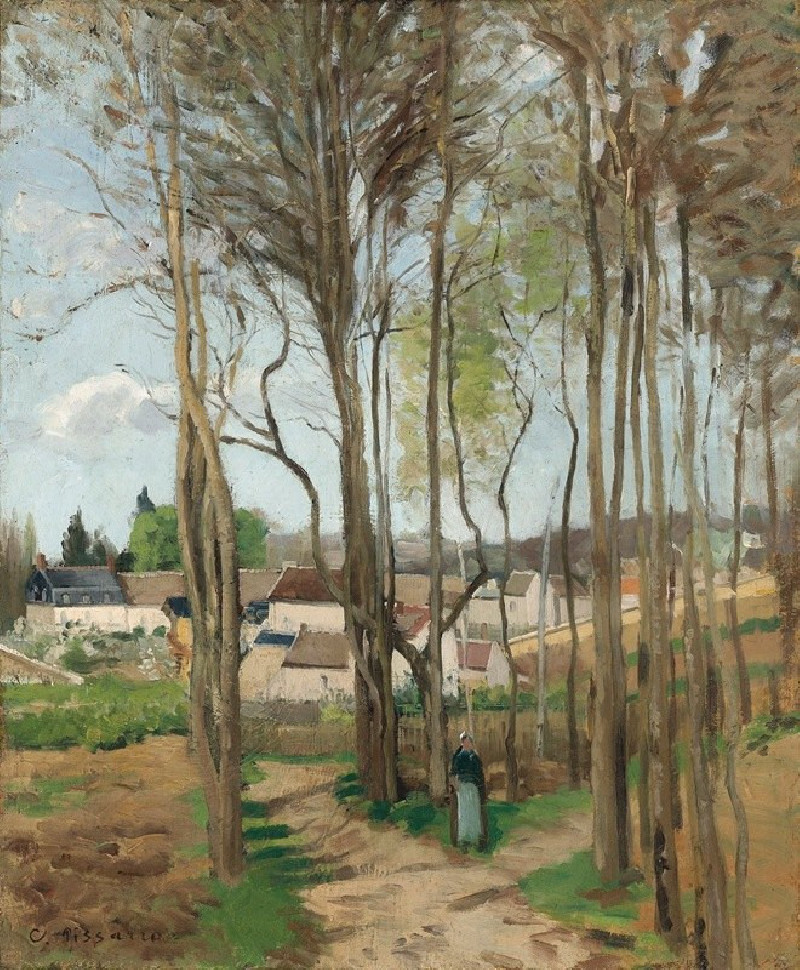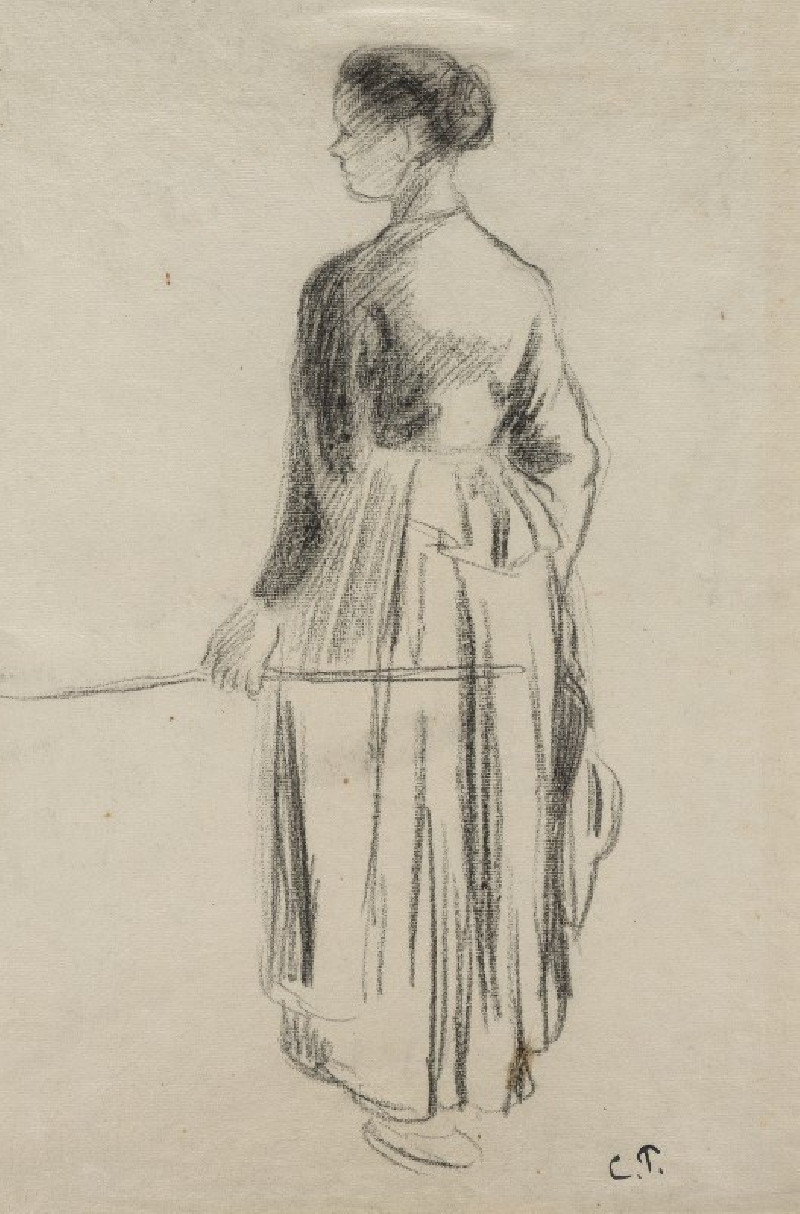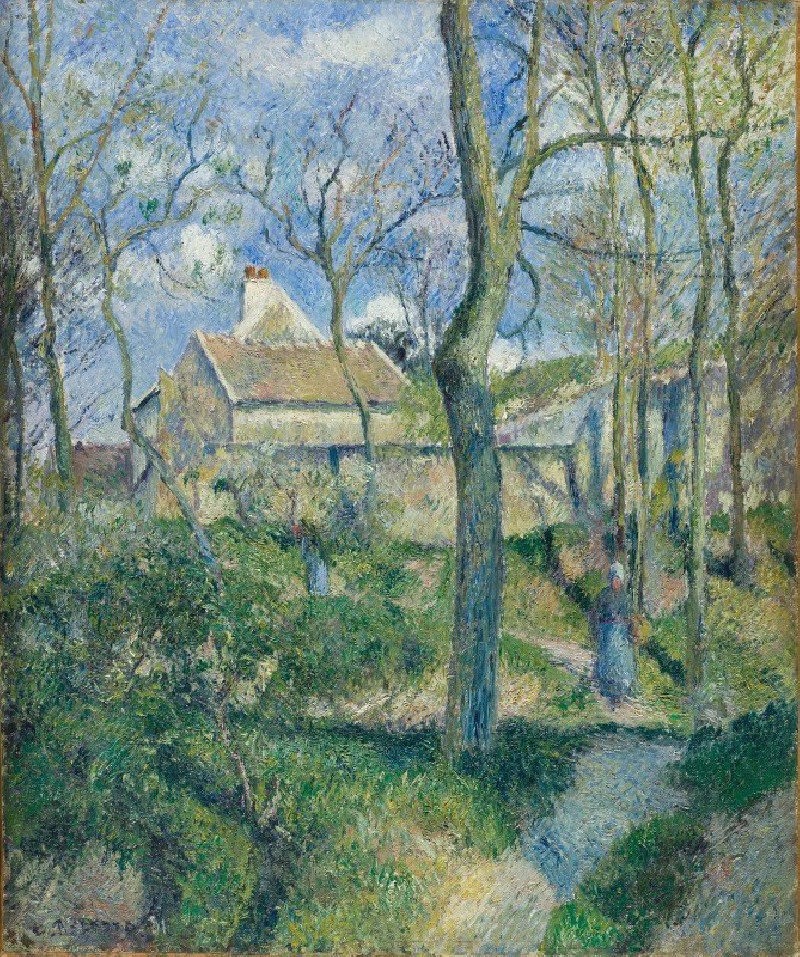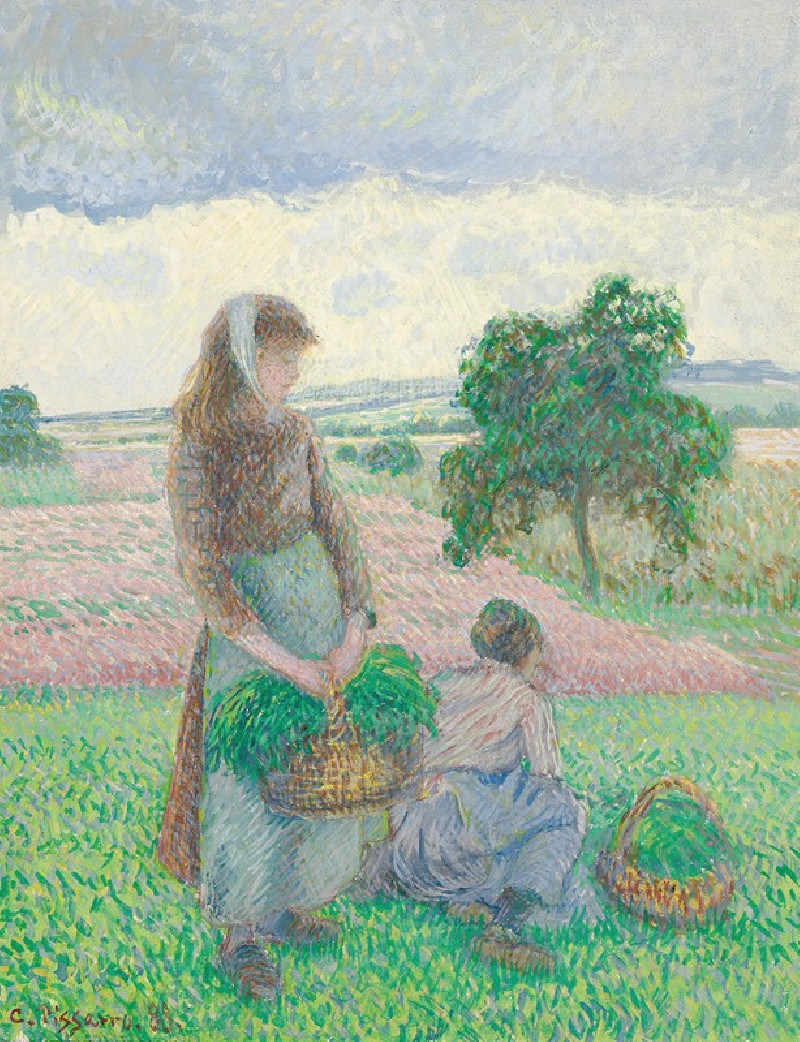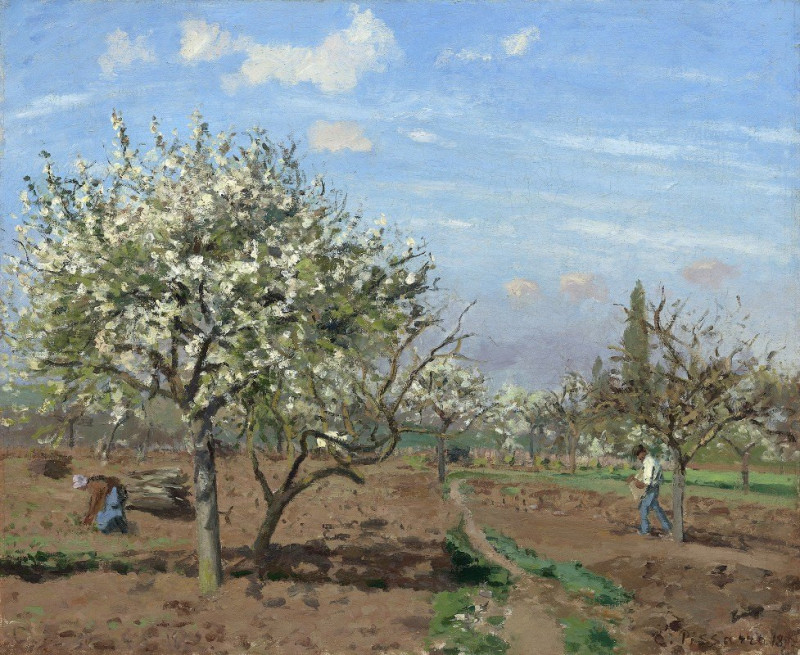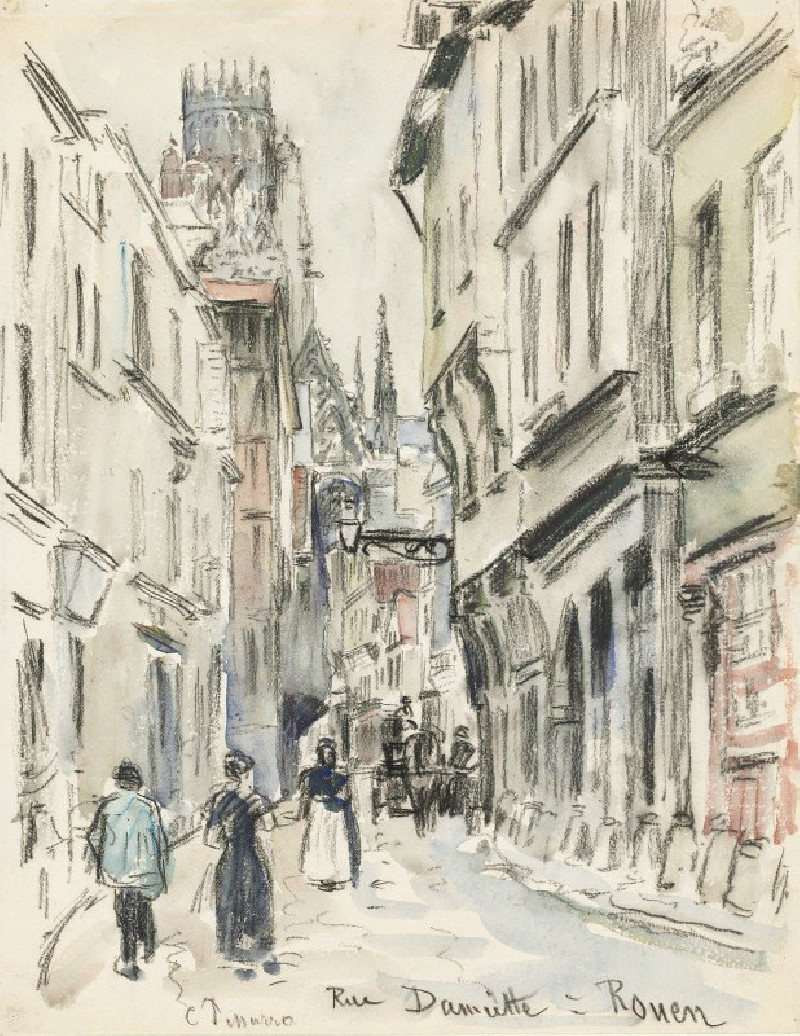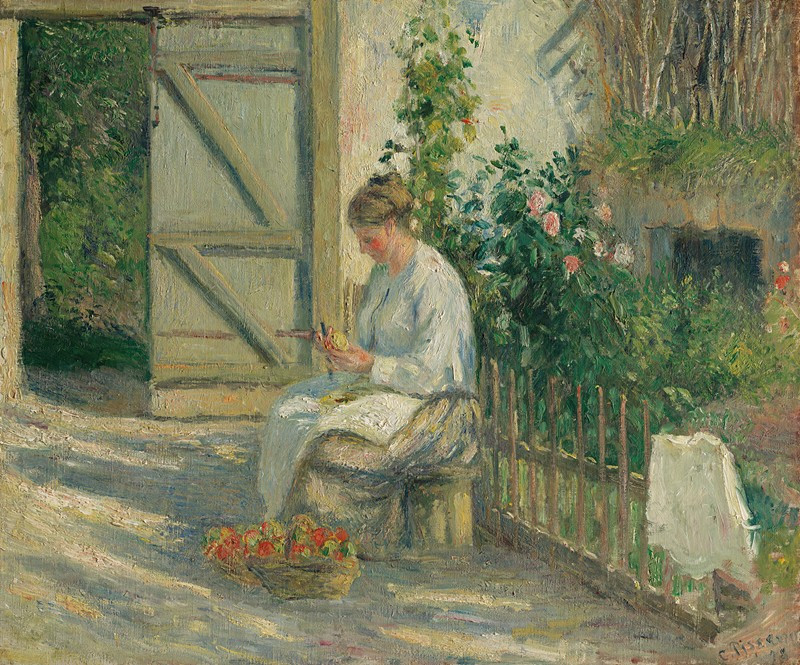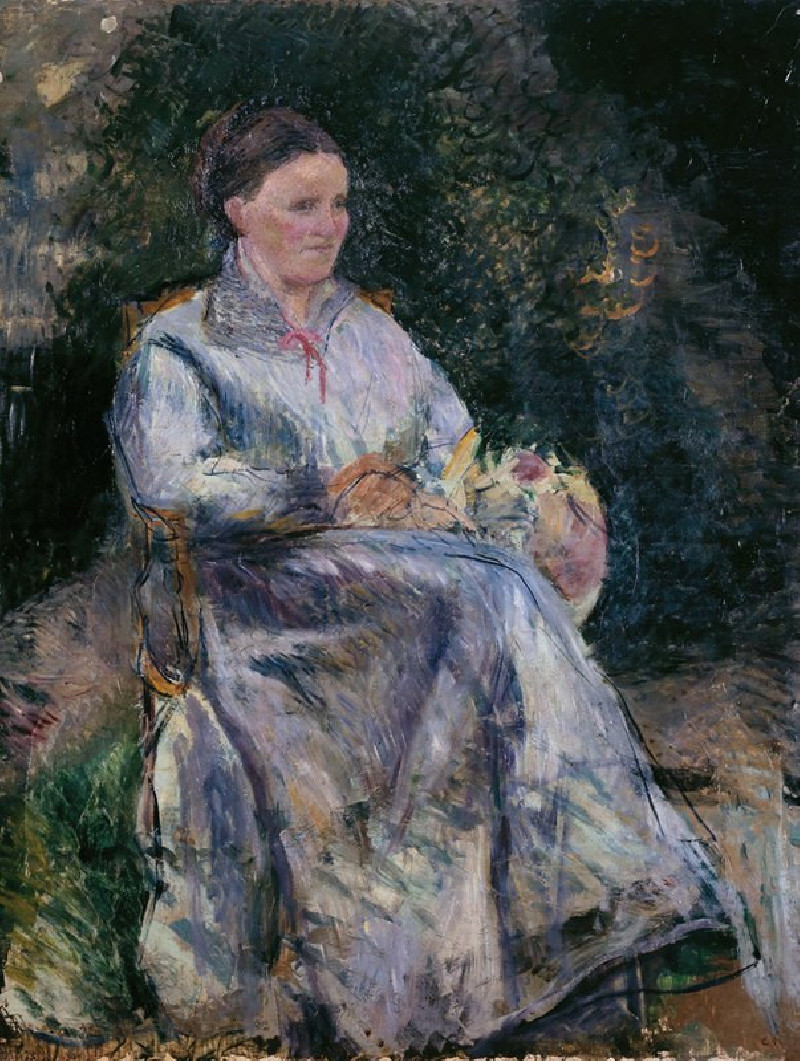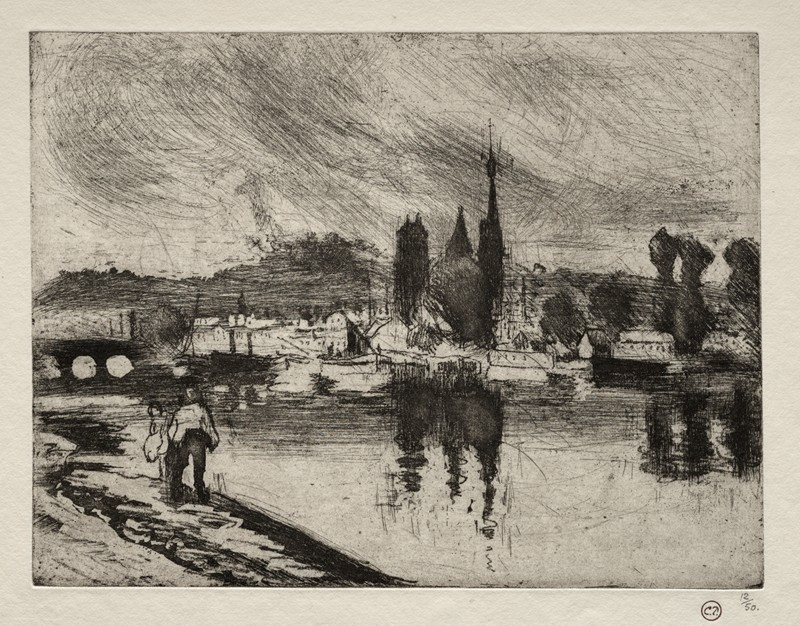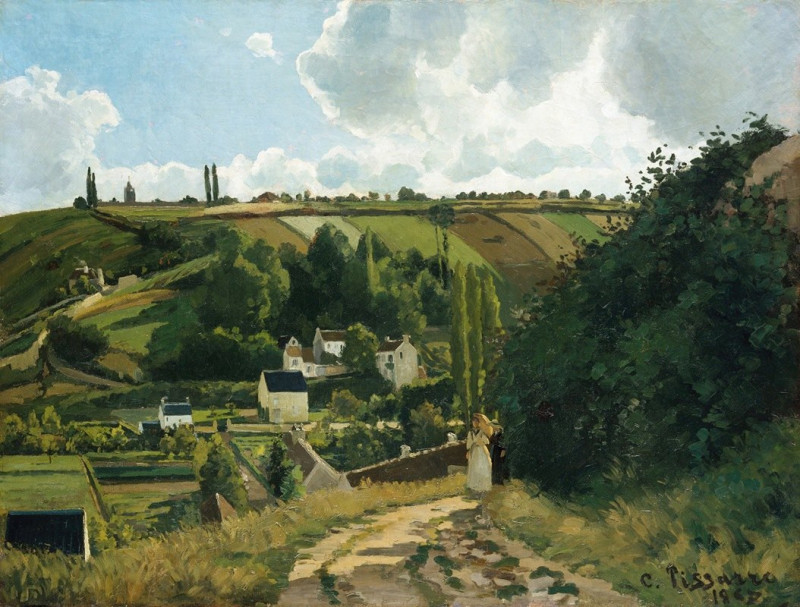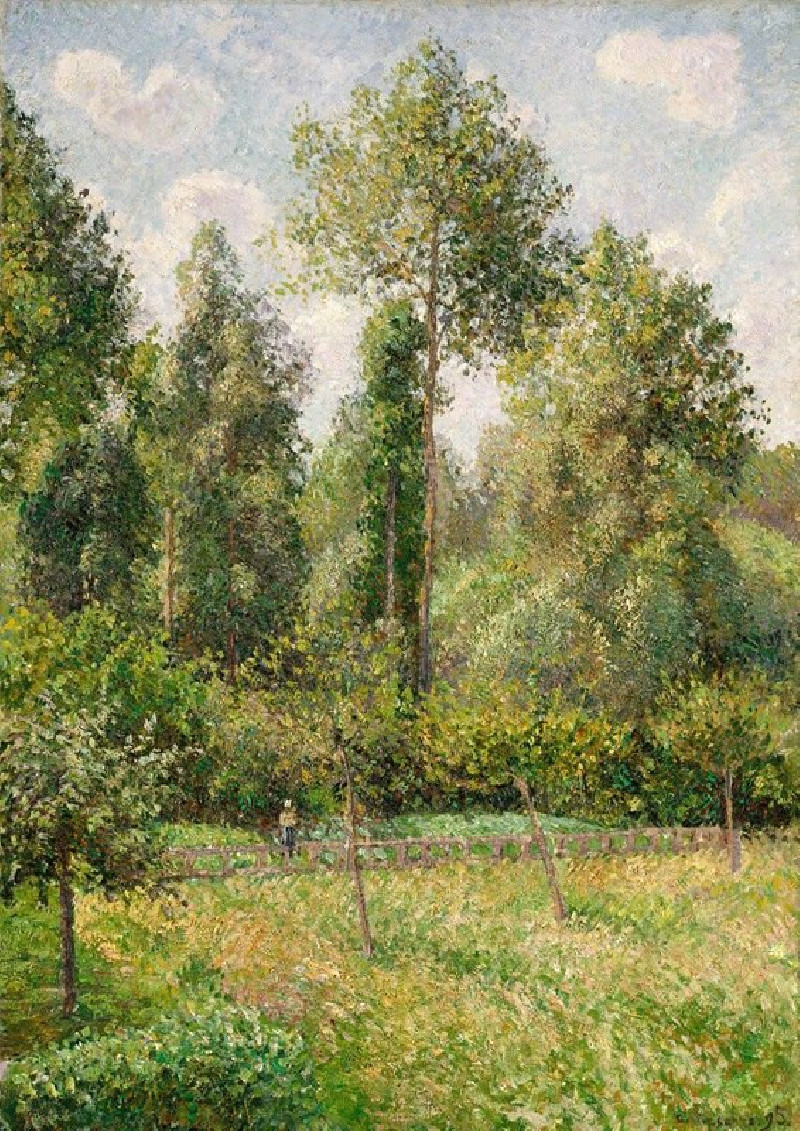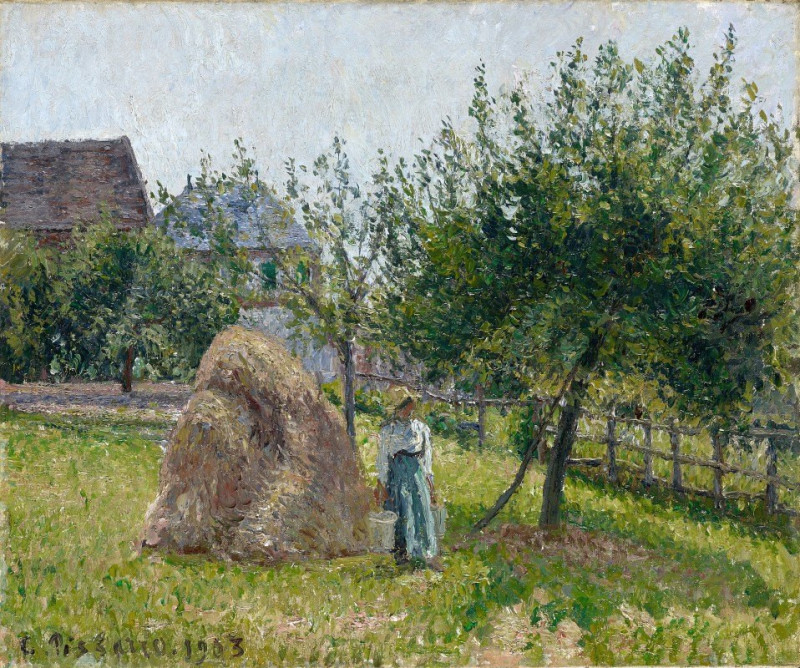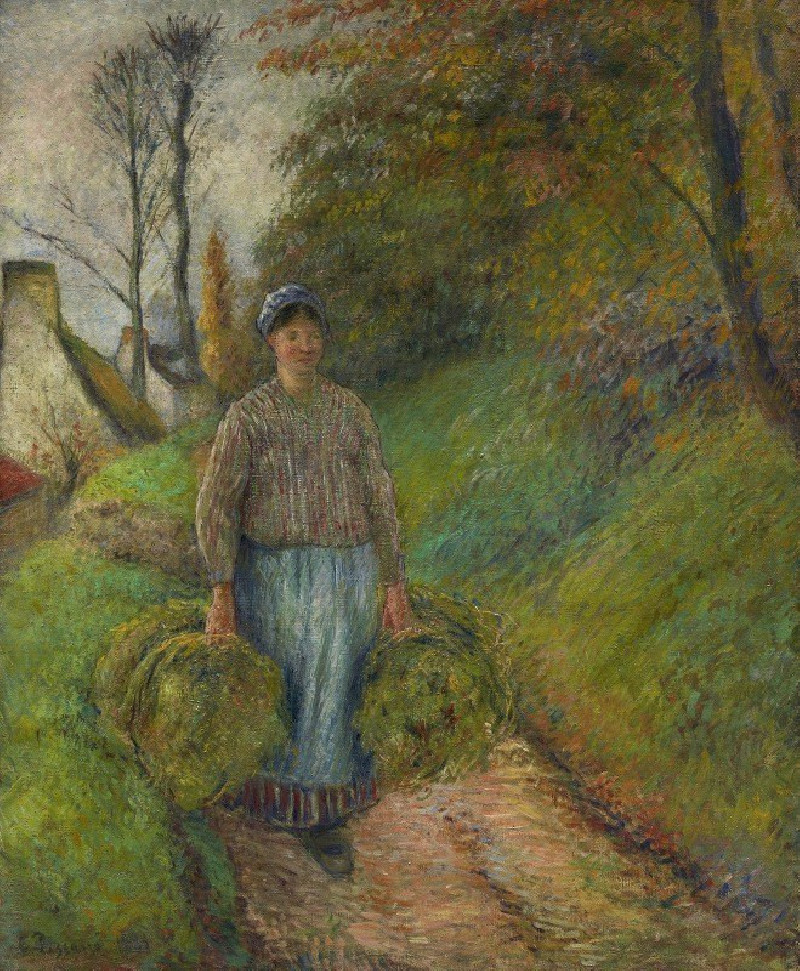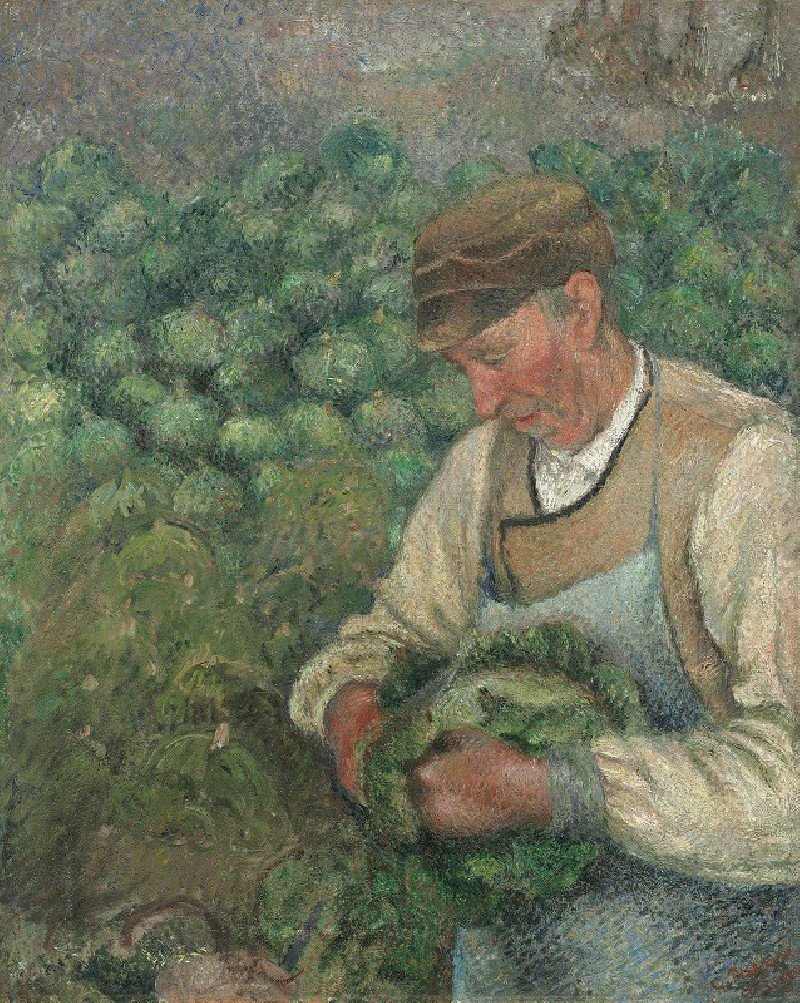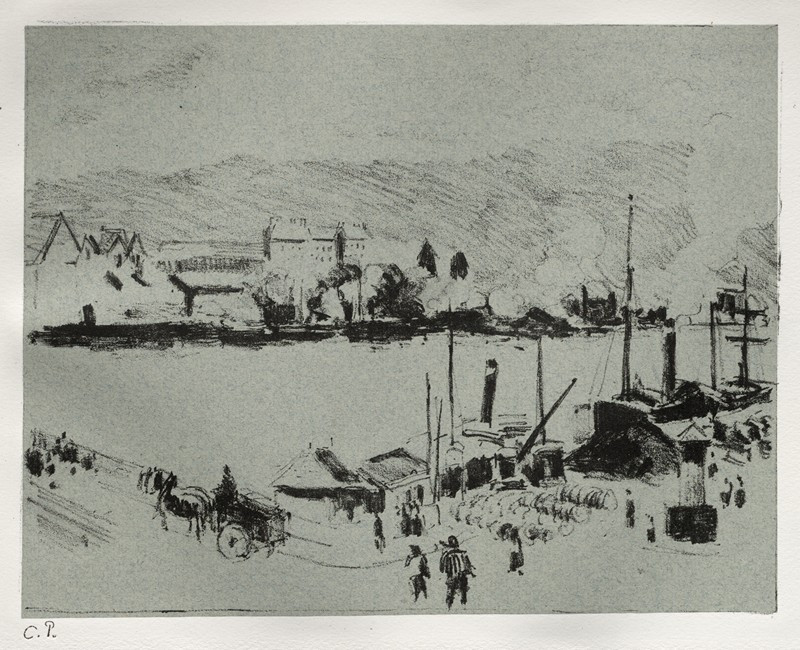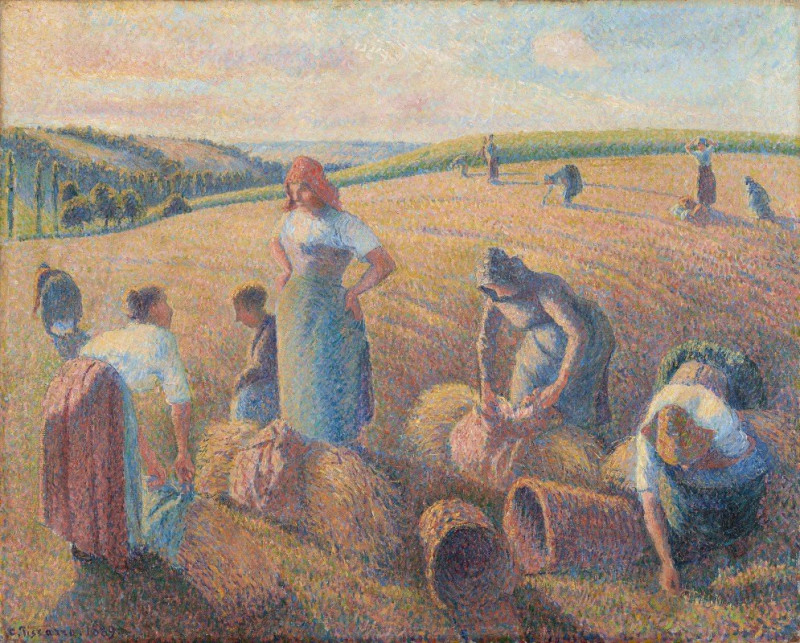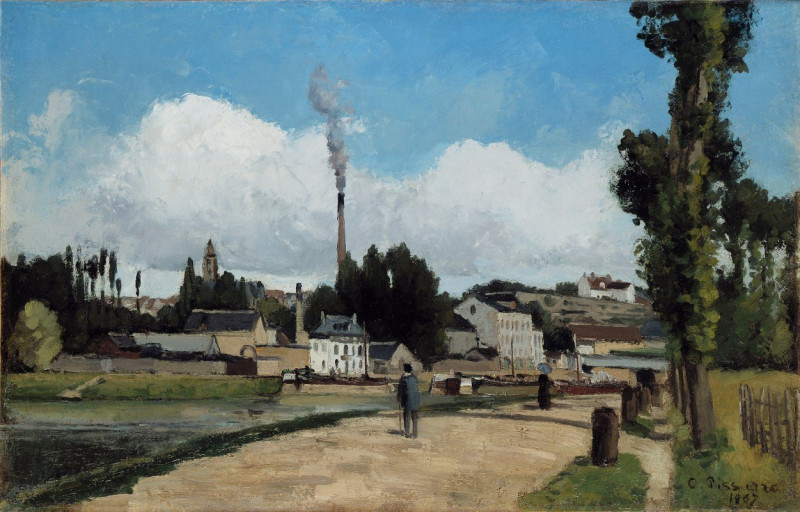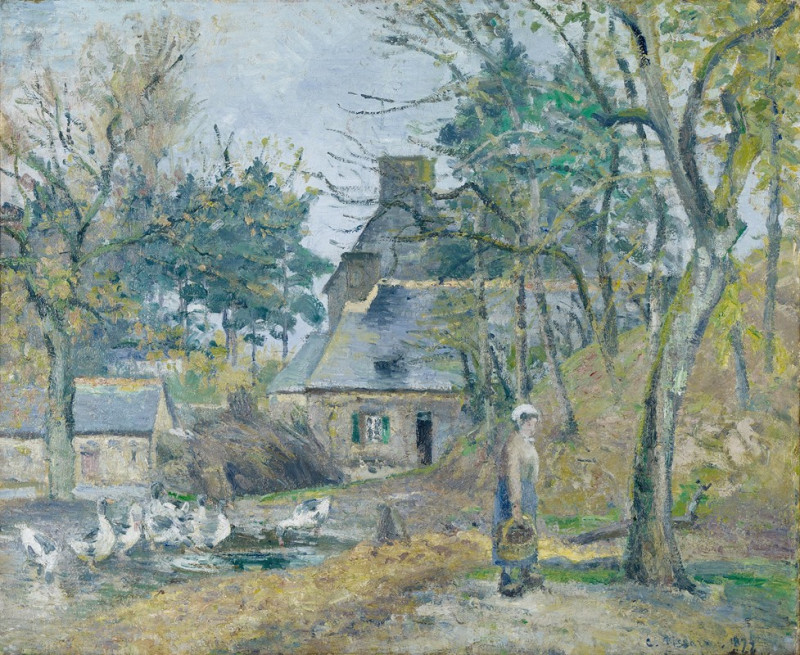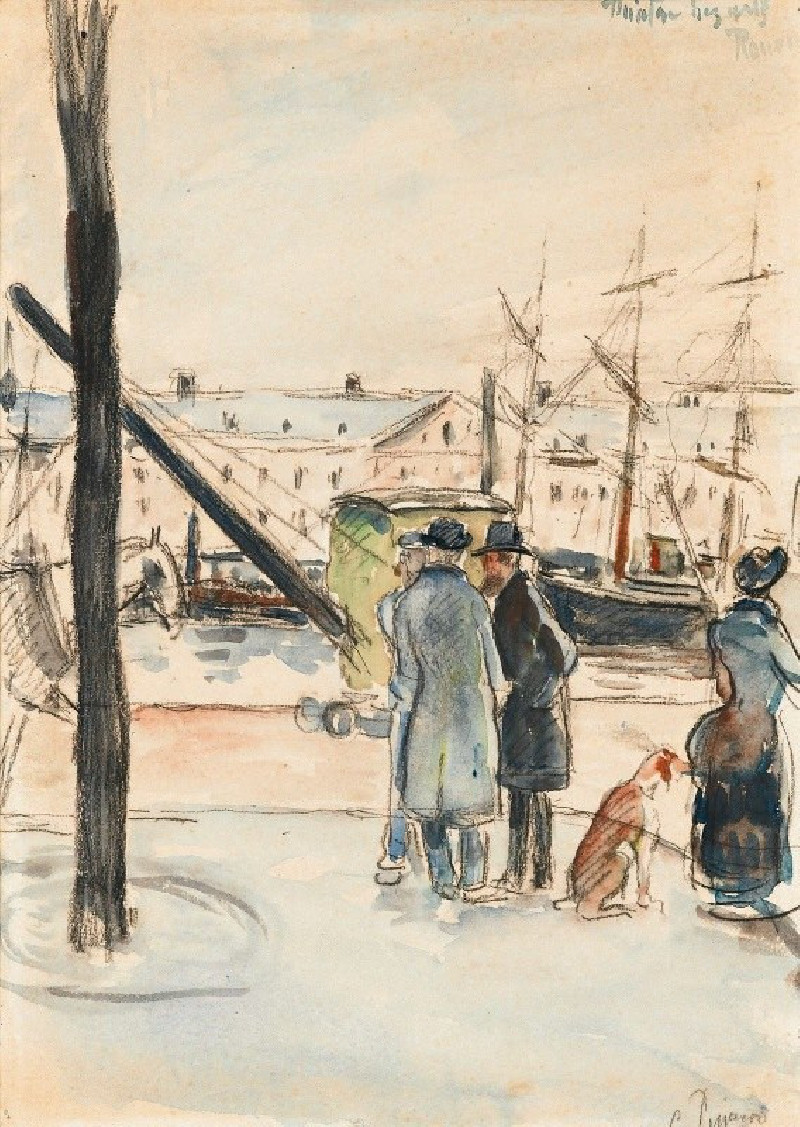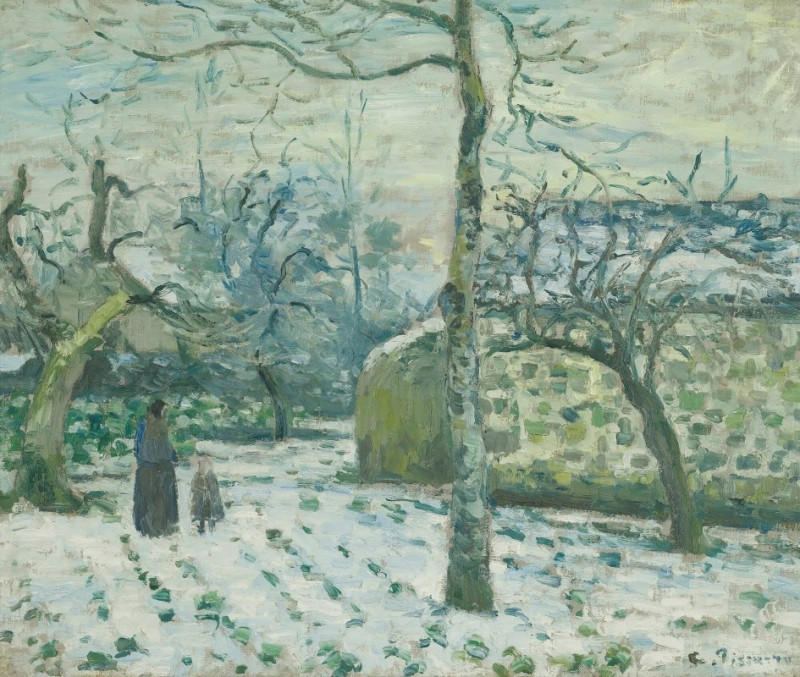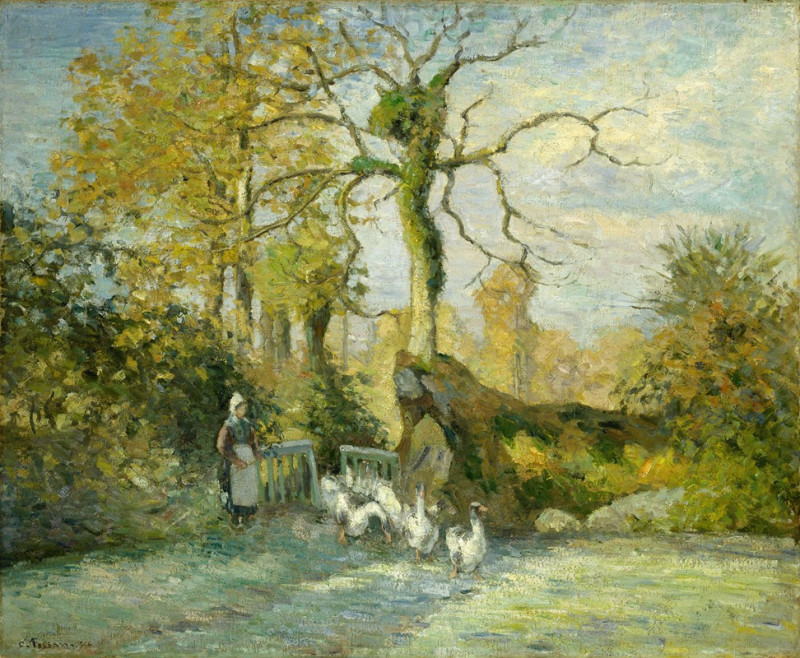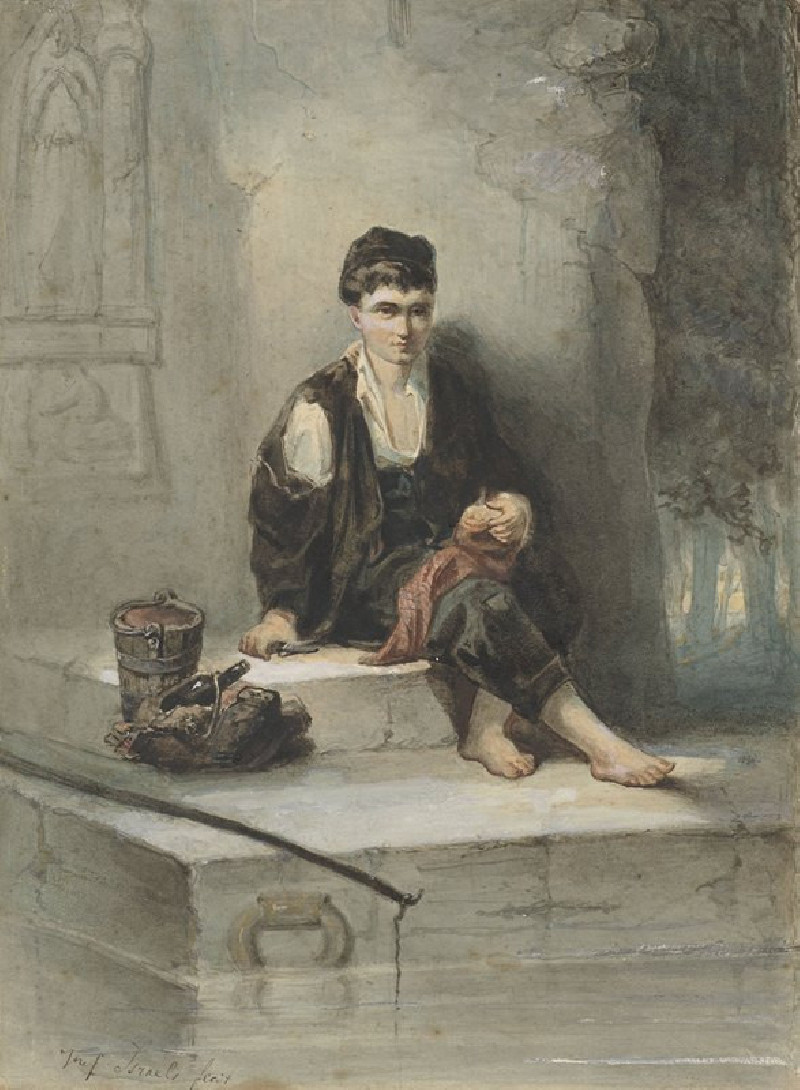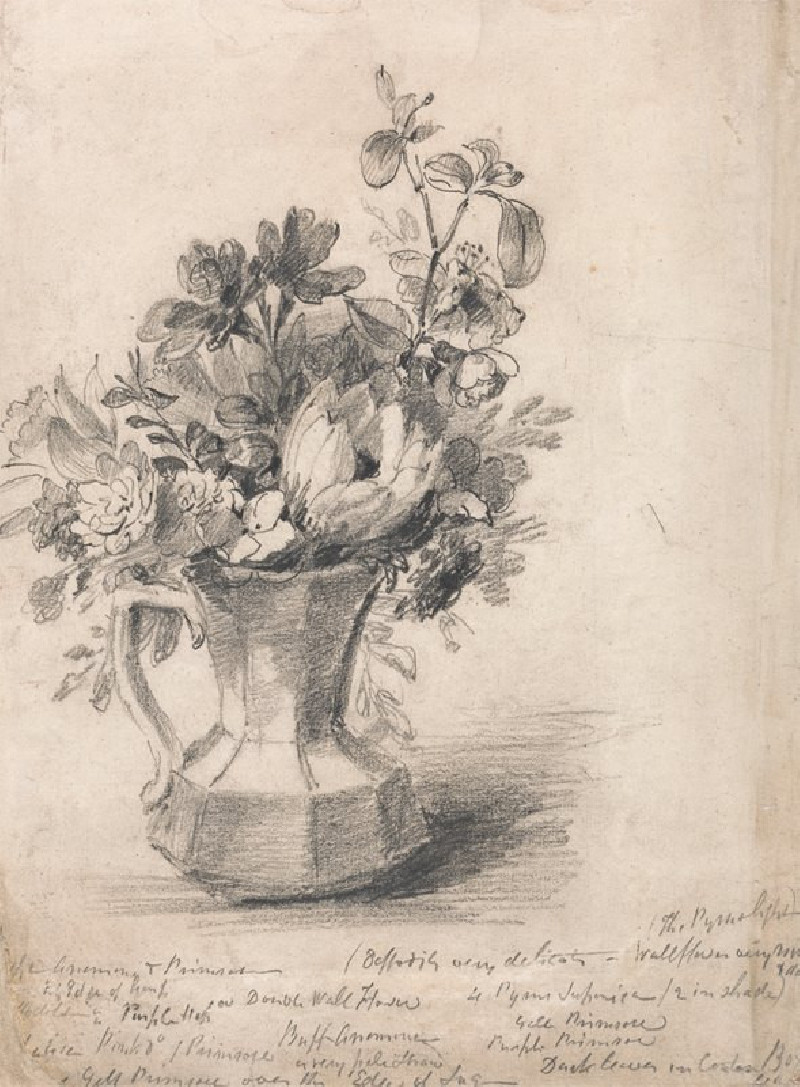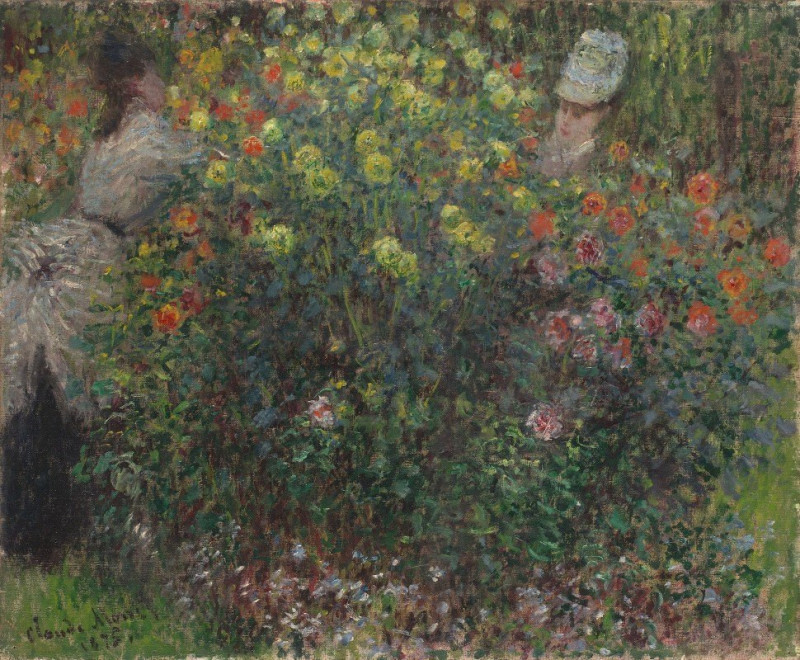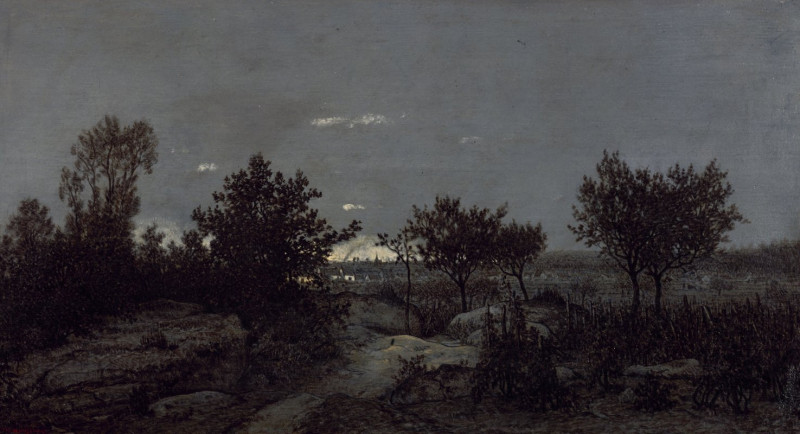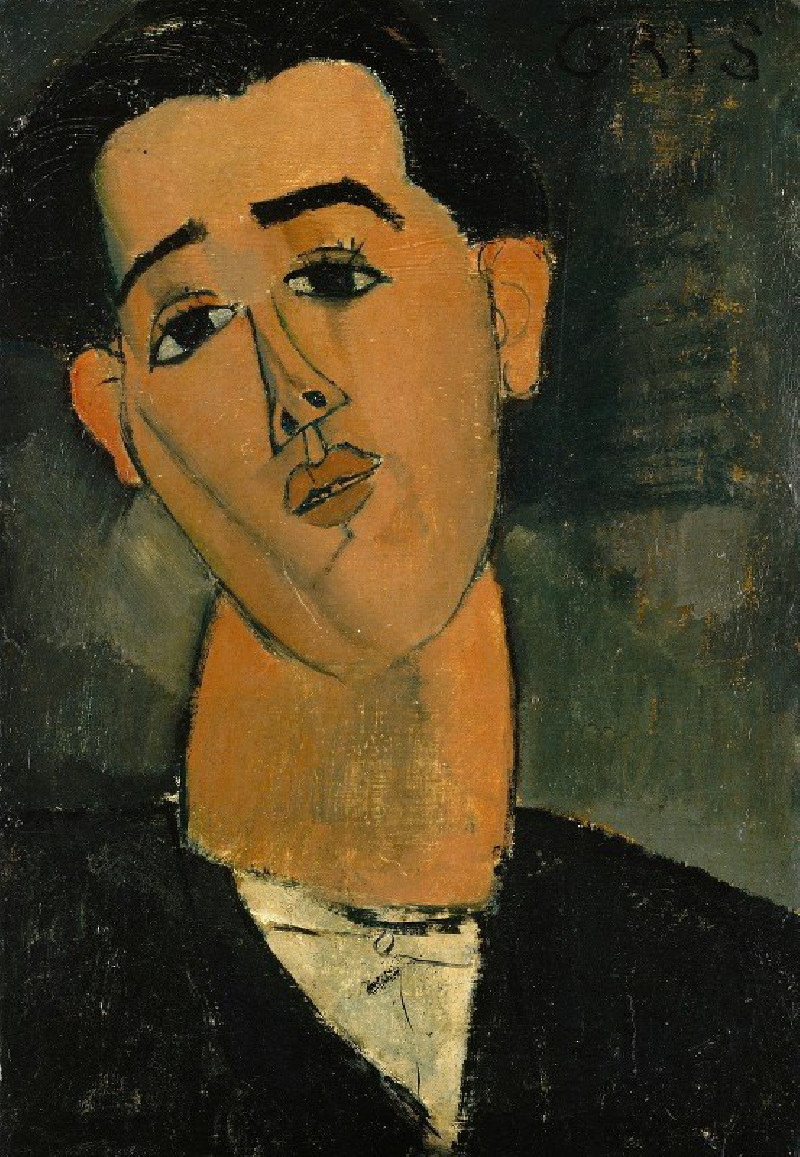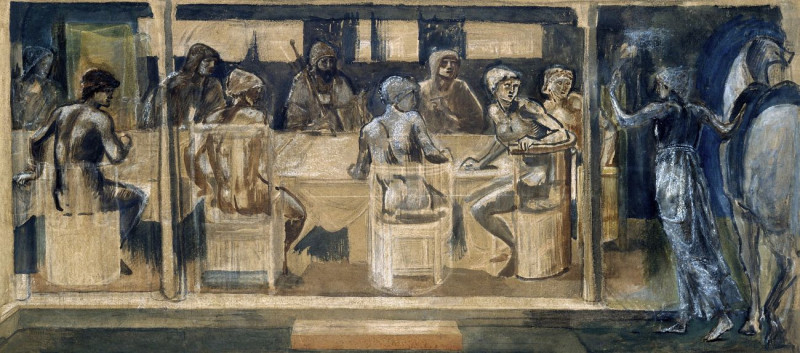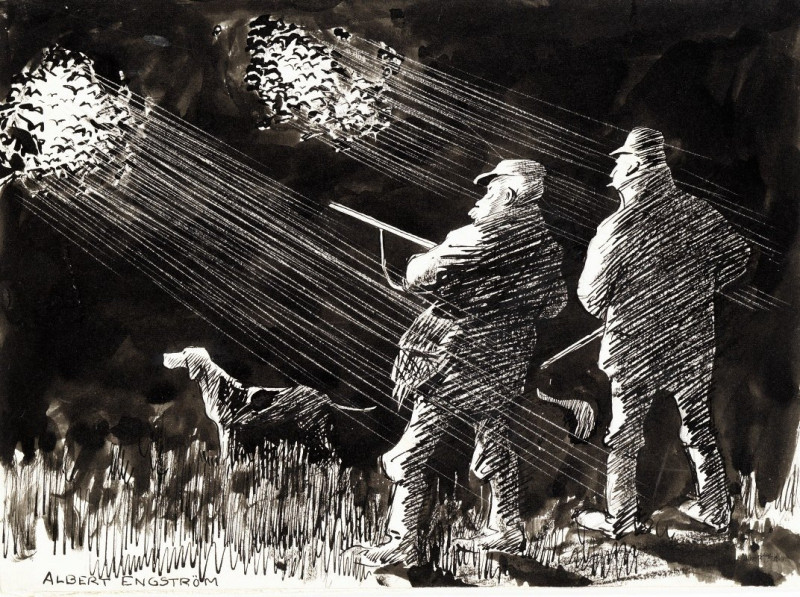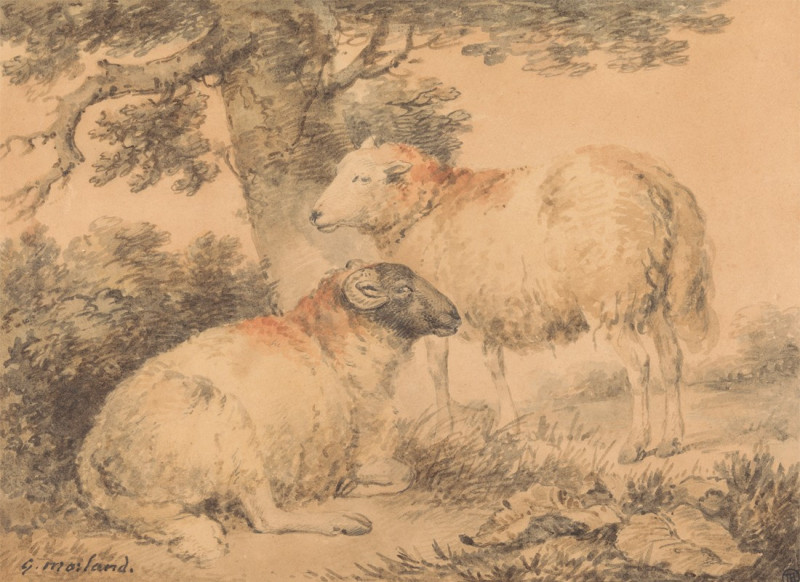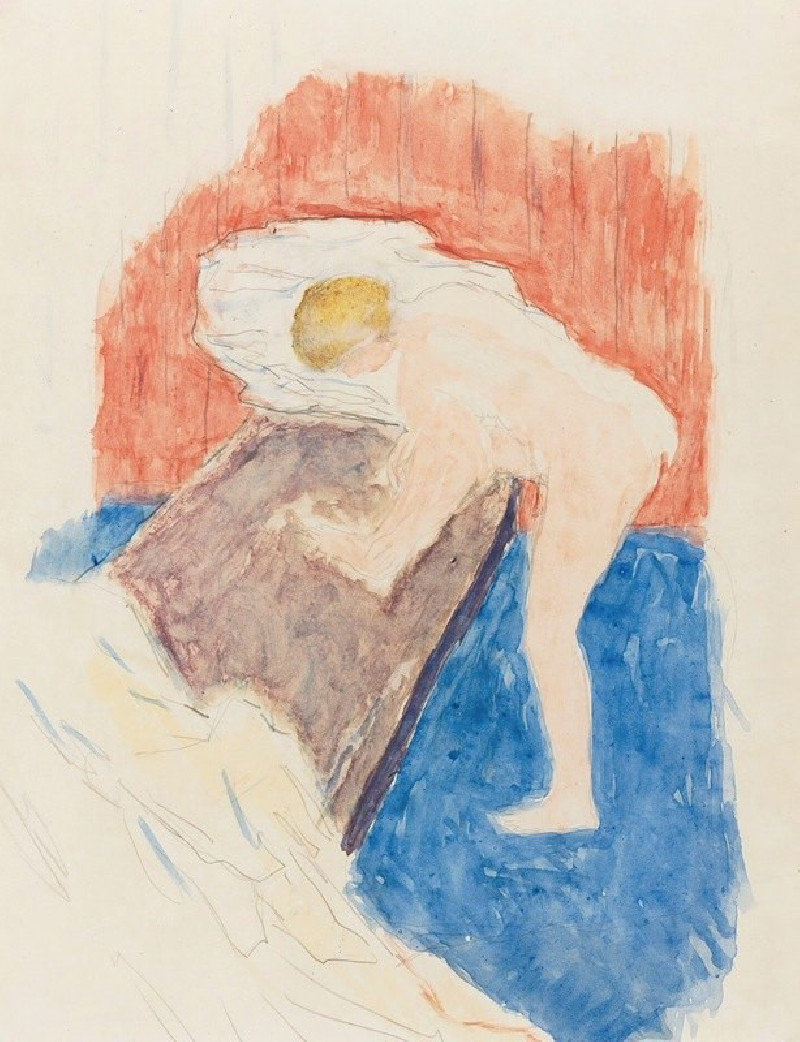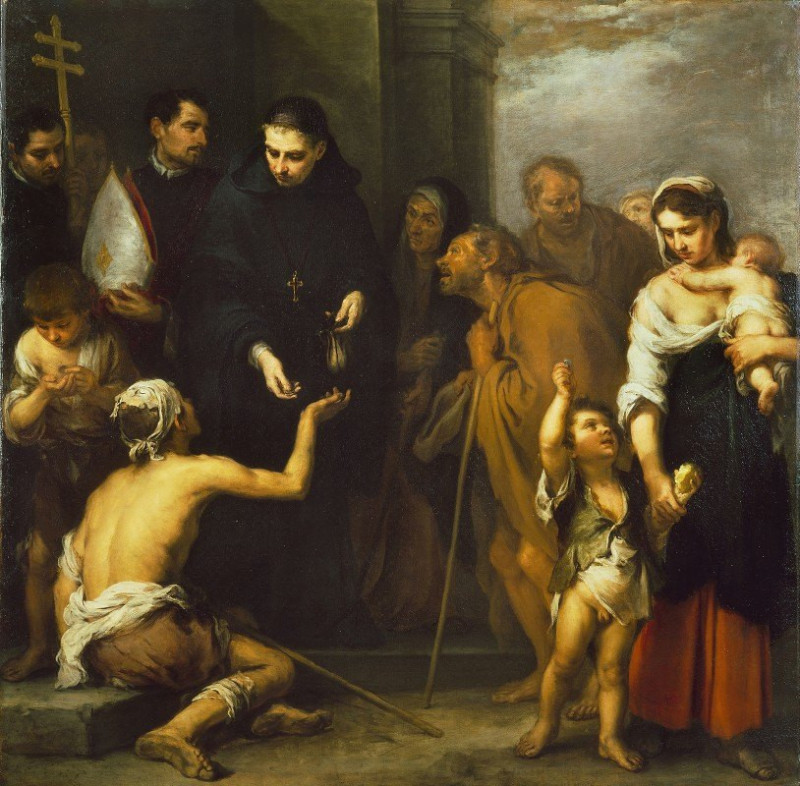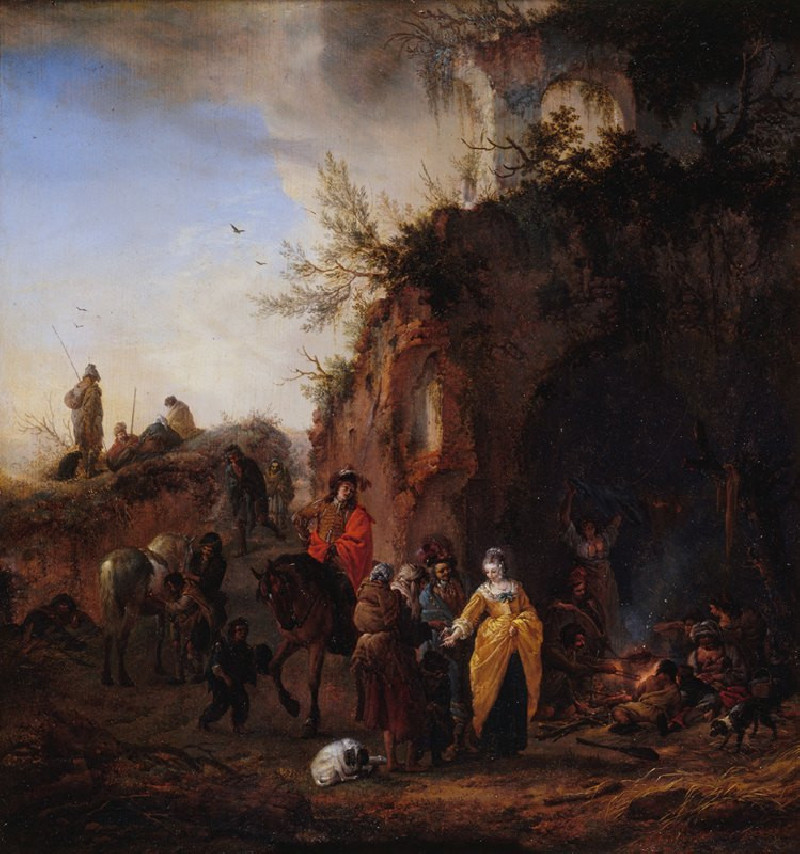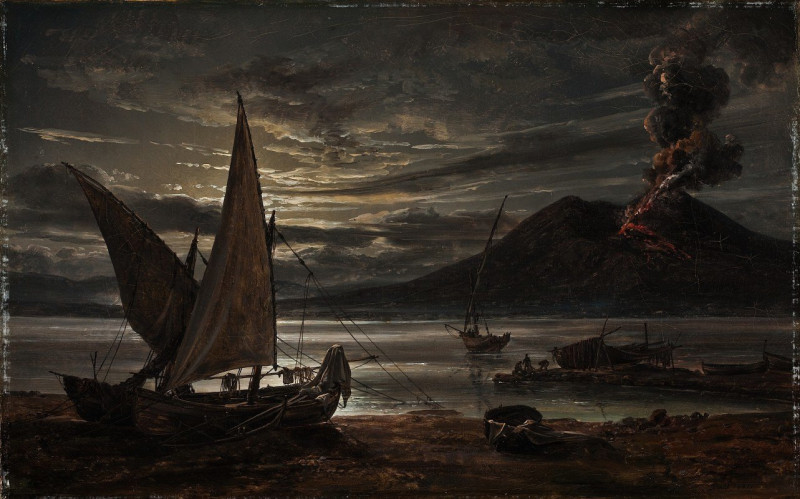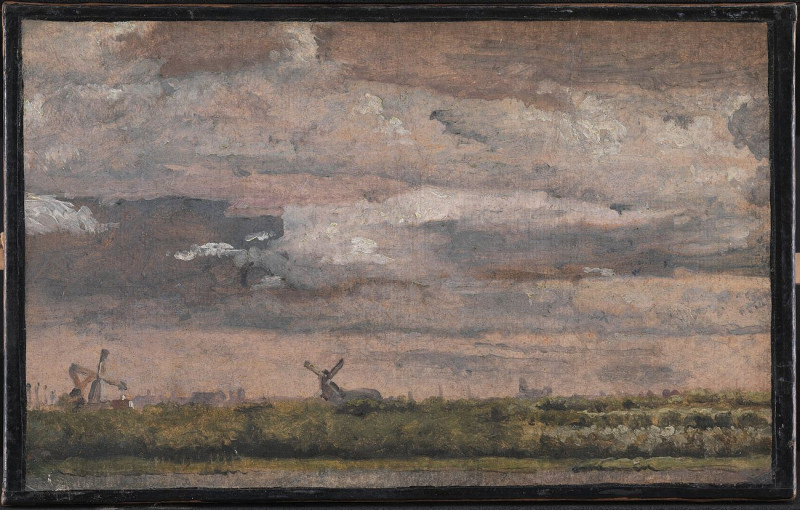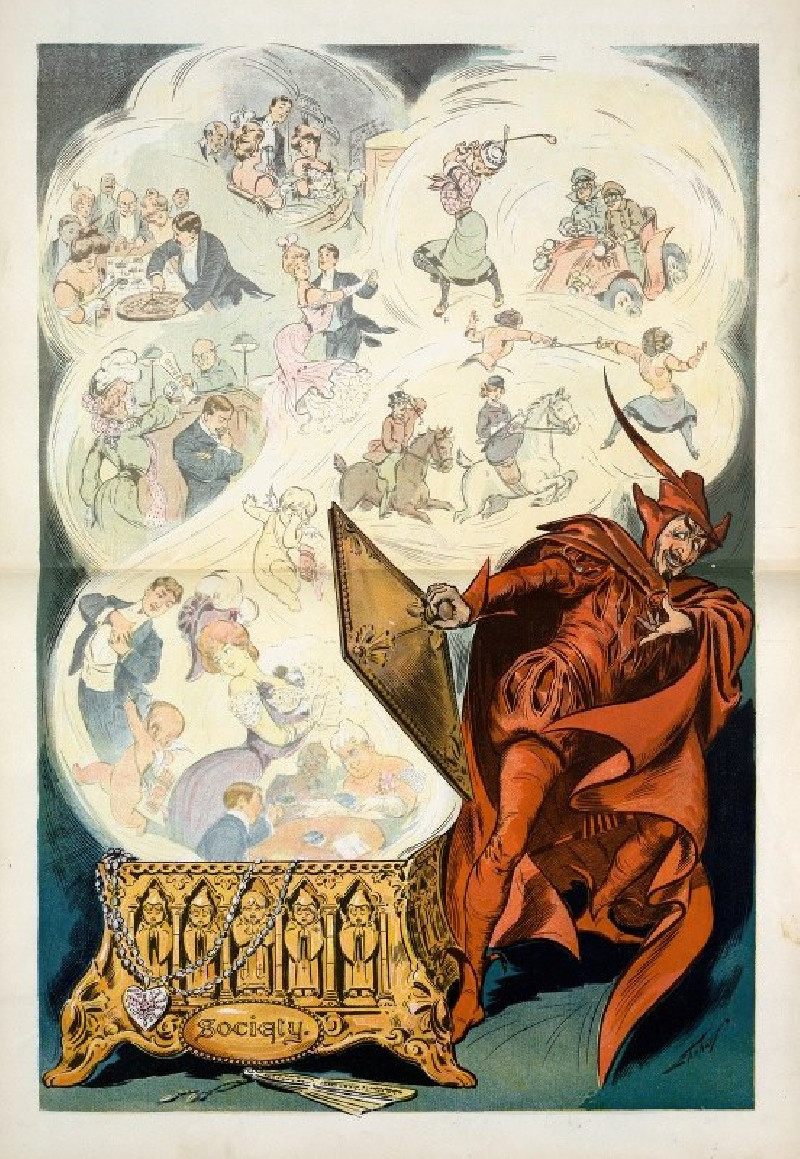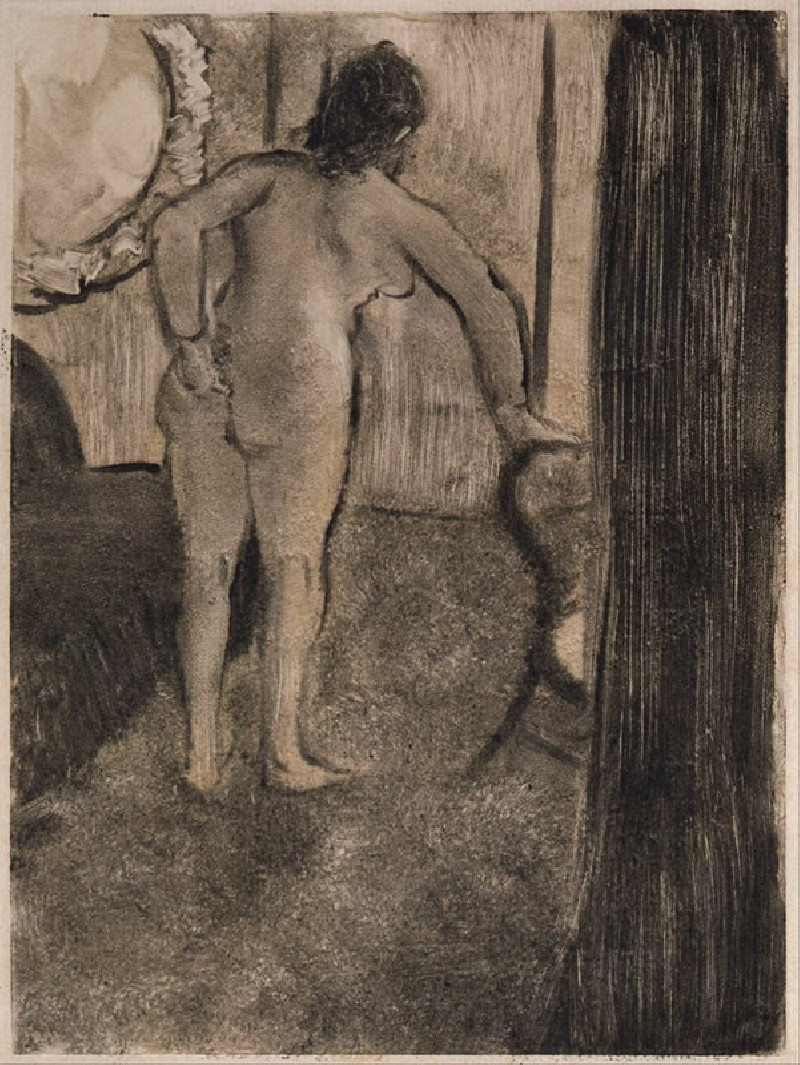The Louvre, Morning, Sunlight (1901)
Technique: Giclée quality print
Recommended by our customers
More about this artwork
"The Louvre, Morning, Sunlight" by Camille Pissarro, painted in 1901, captures a serene morning scene set against the bustling backdrop of the River Seine and the iconic Louvre Museum in Paris. As a master of Impressionism, Pissarro utilizes a palette of soft blues, gentle pinks, and subtle earth tones to bring the early morning light to life. The painting offers a panoramic view of the Seine, bustling with boats and reflecting the clear sky, flanked by the beautifully detailed facades of Parisian architecture. In the foreground, leafless trees and scattered figures on a promenade evoke a tranquil yet lively atmosphere, inviting the viewer to enjoy a moment of calm in the heart of the city.
Delivery
Returns
Blessed are they who see beautiful things in humble places where other people see nothing. — Camille Pissarro
Camille Pissarro (1830-1903) was born on St.Thomas (now the US Virgin Islands) to a Portuguese father and a Dominican mother. He went to Paris to study art at Ecole des Beaux-Arts. He was an early pioneer of pointillism and neo-impressionism and later became a mentor of many famous impressionist painters including Cezanne, Manet, Renoir, and Gauguin. His paintings depicted rural and urban French landscapes and lifestyle. Many of his works politically captured images of peasants and laborers. Today, he is considered the father of impressionism.

